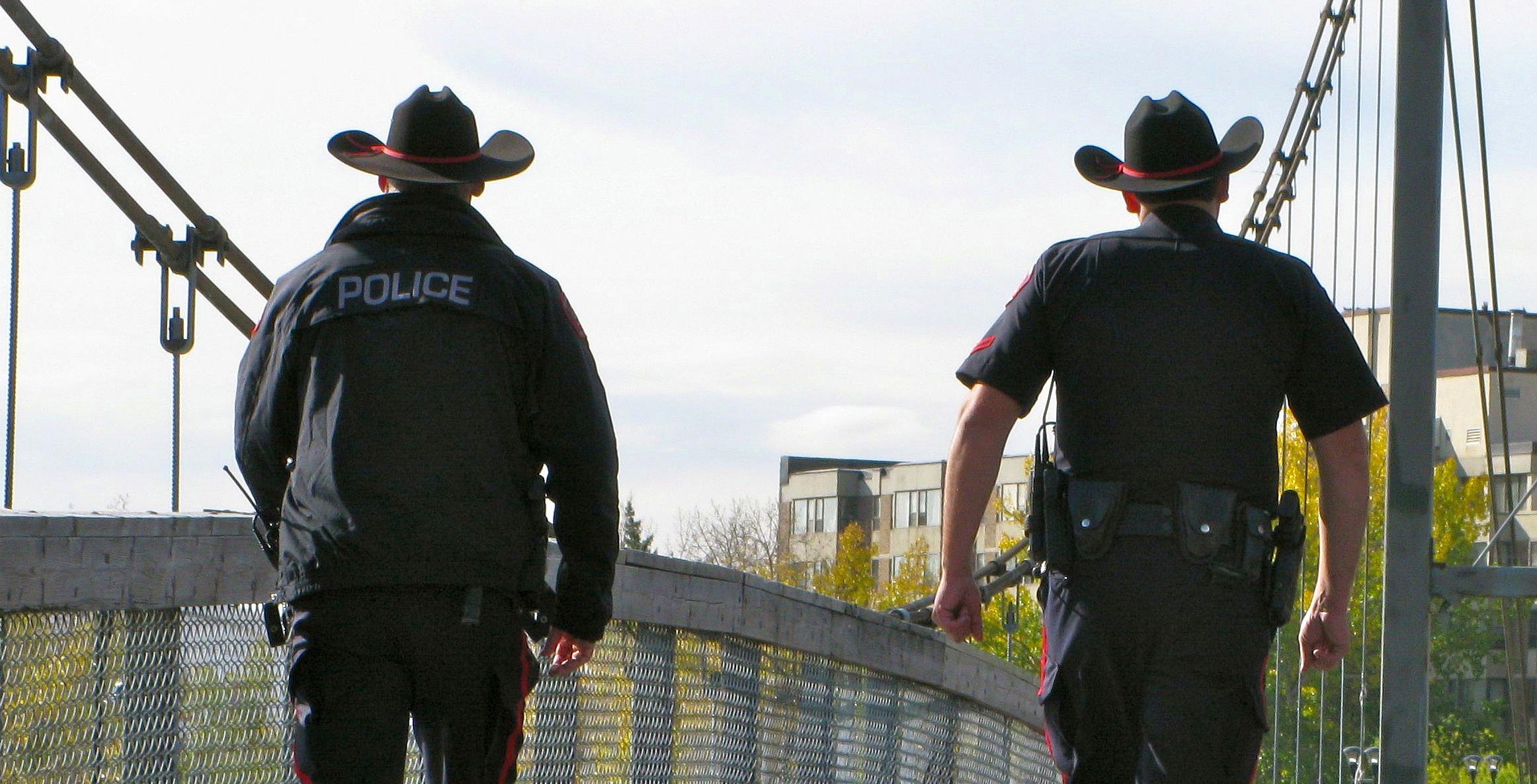
A recently released court ruling has allowed the Calgary police to keep the make and model of its cellphone tracking device a secret.
The cellphone tracking technology, variably known as a mobile device identifier (MDI) or International Mobile Subscriber Identity (IMSI) catcher, mimics cell towers in order to connect to mobile phones. Once connected, the devices can collect the data being transmitted, which could include location, calls, SMS and subscriber identity keys.
How much should the public know about MDIs?
MDIs bring up a host of privacy and government transparency concerns, but one that came into question with this case was whether the defence could demand information about the device itself.
The case centers on a gang trial that saw two men headed to trial on 17 counts of attempted murder. During the investigation, several MDI deployments were used to target the two men. The pair’s lawyers argued that they had a right to evidence related to the device and deployments.
At first, Court of Queen’s Bench Justice Glen Poelman agreed to allowing the defence lawyers to question the Calgary police officer about the MDI, but the prosecutor of the case subsequently invoked a section of the Canada Evidence Act to argue that disclosing information would be contrary to the public interest.
Poelman has now prohibited the release of the make, model and software of the MDI as well as “any further information which would have the effect of disclosing the technique by which MDI obtains cellphone identifier information,” according to the CBC.
The defence lawyers plan to make further submissions, however, that argue their clients’ right to a fair trial outweigh police privileges. If Poelman does end up siding with the defendants, and the Calgary police declines to provide information, it could potentially result in dropped charges.
The close guarding of MDI technology
The RCMP, too, has a history of closely guarding information about MDIs. In fact, it has offered extreme plea deals and potentially stayed charges rather than revealing information about its use of the technology.
MDI technology was used in a 2016 case related to six Montreal gangsters originally charged with first-degree murder. They ended up pleading guilty to conspiracy to commit murder, and another to accessory after the fact, after the Crown declined to disclose MDI details to the defence.
Quebec prosecutors also stayed 36 charges against suspected members of the Montreal Mafia in March 2016, once again raising questions about whether prosecutors were guarding information about its MDI use.
The RCMP came forward in April to comment on how it uses MDI devices, following reports of spying on Parliament Hill and the Montreal Trudeau airport.
Source: CBC, Calgary Sun
Image credit: Heather via Wikimedia
MobileSyrup may earn a commission from purchases made via our links, which helps fund the journalism we provide free on our website. These links do not influence our editorial content. Support us here.


